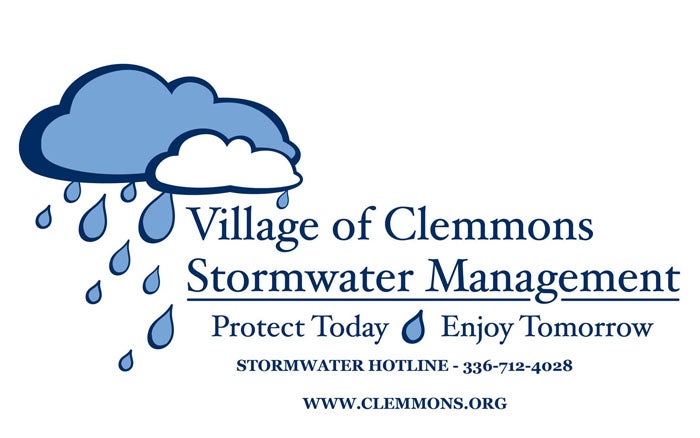Why is it important to scoop the poop?
Published 12:00 am Thursday, December 9, 2021
|
Getting your Trinity Audio player ready...
|
Pet waste is one of the many contributors of stormwater pollution that can degrade water quality. It has been estimated that a single gram of dog waste can contain 23 million fecal coliform bacteria, which are known to cause intestinal issues in humans. When left on the ground, pathogens within the pet waste end up flowing directly into local streams, lakes and the Yadkin River. The Village of Clemmons currently is battling this problem with the installation of pet waste stations throughout the village. The installation of these devices is an attempt to provide greater convenience regarding pet waste disposal throughout the community.
Common thoughts about pet waste:
Isn’t pet waste fertilizer?
Dog/pet waste is not a fertilizer. Dogs have a high protein-based diet that creates a very acidic excrement or waste product, which can damage lawns. These foods are designed to benefit our pet’s health. Unlike animals in the wild whose diet is based entirely on their natural environment, resulting in an excrement with far fewer excess nutrients when compared to their domestic canine friends.
But it’s just my dog. It’s not that much pet waste.
According to the American Veterinary Medical Association, the percentage of households in the United States that own a dog is 38.4%, with an average of 1.6 dogs per household. The average dog makes ¾ of a pound of waste every day. With an estimated average of over 12,000 dogs in Clemmons, that equates to 4-5 tons of pet waste on the ground daily if not properly disposed of. In 2018, Clemmons Stormwater staff collected over three tons of pet waste from these pet waste stations alone.
How can I help?
Picking up after your pet is the simplest thing a responsible pet owner can do to help keep our local waterways, natural resources and neighborhoods clean. When you walk your dog, make sure to carry a plastic bag with you so that you can pick up their waste and dispose of it appropriately. Deliberately leaving pet waste on the ground is not only unpleasant and unhealthy, it can be punishable by fines if found guilty of the offense.
For more information on what you can do to help prevent stormwater pollution, go to www.clemmons.org/stormwater.




